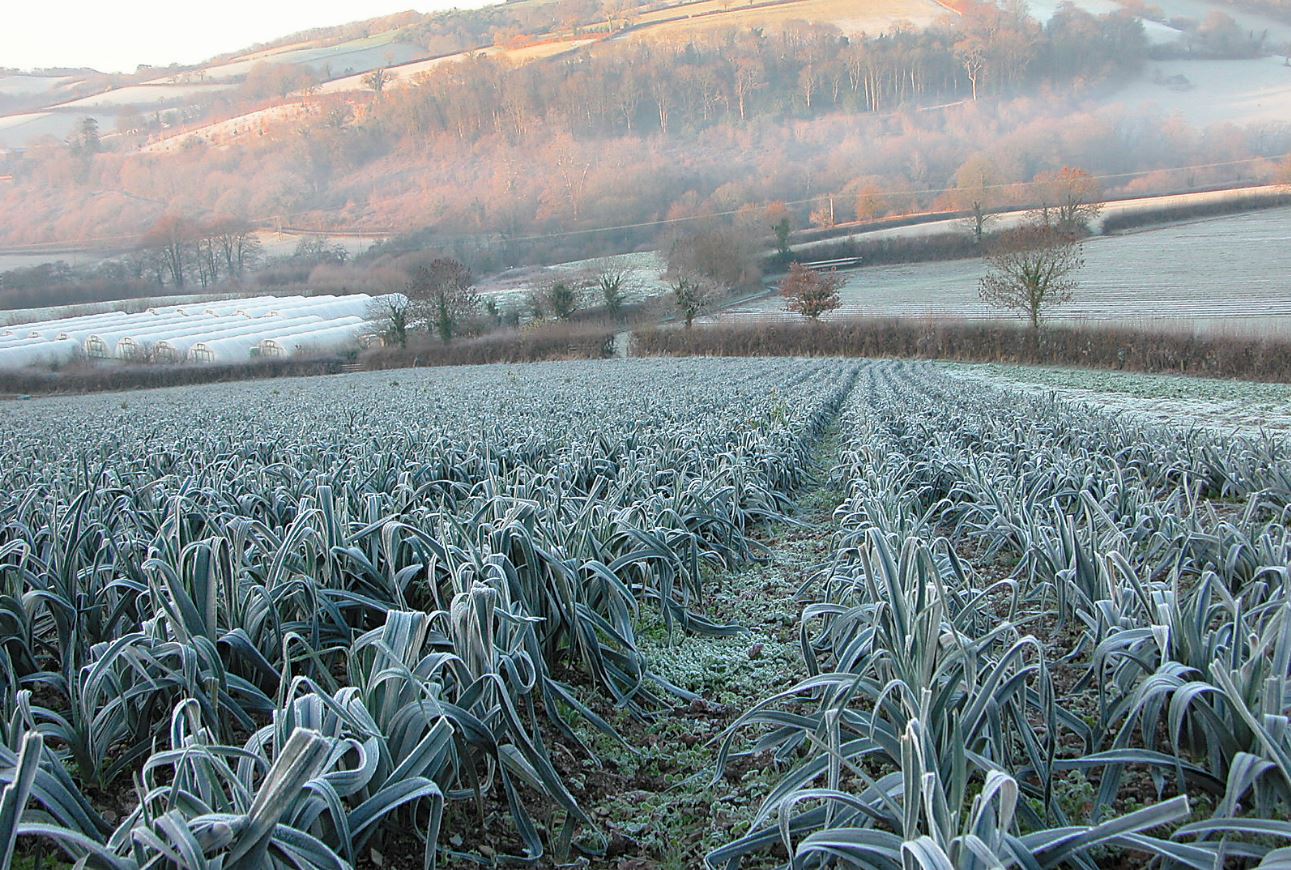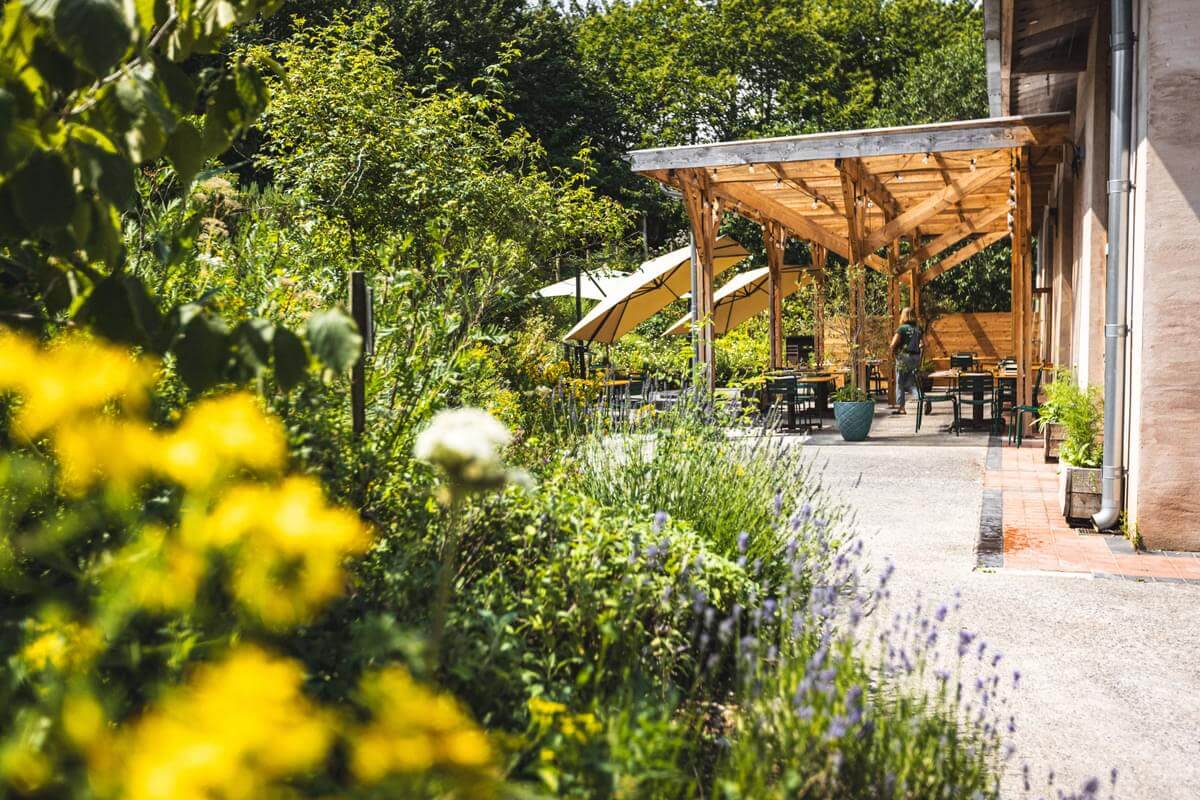When the sun is out, looking 10 years forward, I can (just) imagine UK food and farming, shaped by policies tailored to our own needs, thriving outside the EU – and perhaps even reversing some of the damage inflicted by the EU’s Common Agricultural Policy.
Michael Gove’s ‘public money for public goods’ suggests a similar vision, though it is questionable how much will survive trade negotiations, or whether he will be around long enough to be held to account for the woolly promises made at last week’s Oxford Real Farming Conference.
But with two and a half months to the 29th March, that utopia seems an ever-receding dream, especially when those leading the Brexit charge seem so woefully ignorant of our industry. A ‘Leave-backing former cabinet minister’ recently stated: ‘We won’t be able to get certain foods like bananas or tomatoes but it’s not like we won’t be able to eat. And we’ll be leaving at a time when British produce is beginning to come into season so it’s the best possible time to leave with no deal.’ March, though, is the worst possible time for a no-deal Brexit. Last year’s veg crops are all coming to an end in March, while the new season’s harvest doesn’t start until mid-May. The UK imports around 50 per cent of its fruit and veg (for Riverford it is about 30 per cent), but that figure starts rising in the new year, reaching around 80 per cent in April (50 per cent for Riverford) before falling again in June.
The best time for a no-deal Brexit would be July to September, as any gardener could tell our politicians. Riverford even suspends our UK-only veg box from May to June because we often cannot fill it. Over 20 years, we have developed a network of suppliers across Spain, Italy and France to bridge this ‘hungry gap’. Most are small organic farms who have become firm friends as well as trading partners.
To see our businesses and relationships destroyed in the name of soundbites, bigotry and ignorance is disheartening. The UK could adapt to be less dependent on imports, but it will take years, not months. Utopia can only be delivered by leaders who make decisions guided by consideration, and judgements based on sound information, not dogma and political ambition. There couldn’t be a worse time to leave with no deal than 29th March – unless you like woody swedes and sprouting potatoes. As for bananas, they are a tropical fruit; 99 per cent come from outside the EU anyway.
The full version of this article is published by the Guardian newspaper, which you can read here.













I just don’t understand why anyone would think that countries of the EU would stop trading with UK if there is a no deal Brexit. They can I’ll afford to loose a lucrative market like the UK so why would they close the border to us? A bit like the scaremongering about drug shortages…. Really? Bayer, Alliance and the other drug companies would stop sending drugs? How much income would they loose? And yet there are people who believe it… Just don’t get it….. But its only my humble opinion….
What’s to stop the EU looking for new, even MORE lucrative markets than the UK, and saving themselves the hassle of dealing with us?
I think part of the uncertainty is that customs checks used to last 4 days, or involve a 4 day handling period, and we simply don’t know what the delays might be and these may affect some fresh produce that has shorter shelf lives. The EU as a trading club may also want to import from their own members, and that may affect us, and if we change standards then our food may not comply with their standards, having been through a training day on pallet standards, the world trade organisation and EU pallet standards, then all I can say is things are very complex. Ultimately only time will tell.